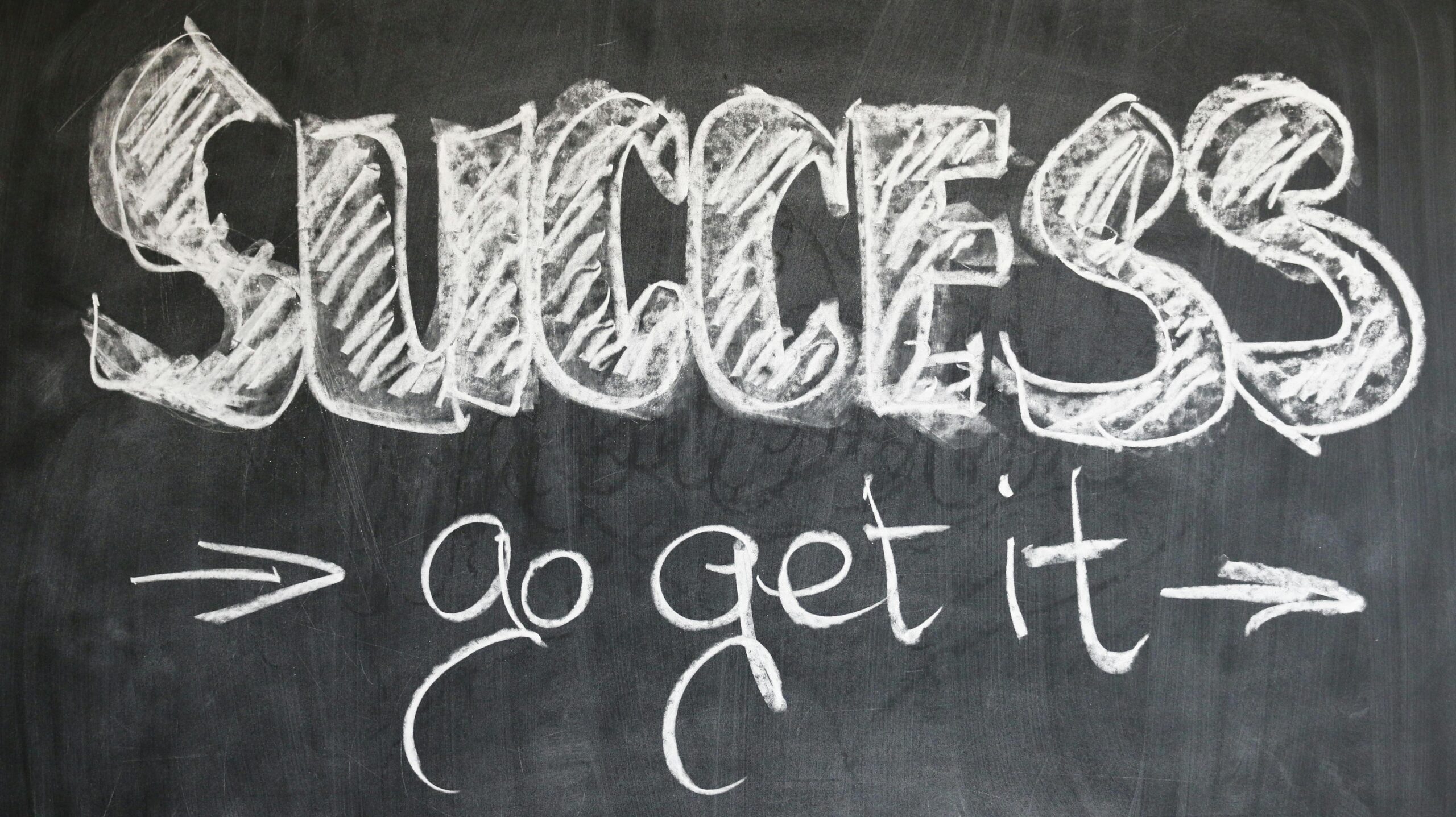Understanding Priorities
In high school, balancing academics and athletics involves recognizing the importance of each area. Academics are critical for long-term success and future opportunities, but athletics offer valuable lessons in teamwork, discipline, and perseverance. To achieve a healthy balance, students need to allocate appropriate time and effort to both areas. Prioritizing schoolwork while finding time to engage in sports can create a well-rounded high school experience. It’s important for students to communicate their schedules and commitments clearly to teachers and coaches to ensure they can meet the demands of both areas without becoming overwhelmed.
Time Management Techniques
Creating a daily or weekly schedule can help allocate time wisely for both academics and athletic commitments. Using planners or digital apps to track tasks, deadlines, and events can ensure nothing falls through the cracks. A study found that 80% of student-athletes report feeling overwhelmed by their responsibilities at some point during their academic year. By visualizing the week ahead, students can manage their workload more efficiently and avoid last-minute stress. This structured approach not only aids in meeting academic deadlines but also ensures consistent attendance at practices and games. Additionally, breaking tasks into smaller, manageable chunks can make large projects or study sessions less daunting. Incorporating buffer time for unexpected events or delays can also prevent schedules from becoming too rigid. Student-athletes should also consider setting specific times for studying and stick to them, treating these study sessions as non-negotiable appointments. By following these techniques, students can effectively balance their academic and athletic responsibilities.
Effective Study Habits
Effective study habits play a crucial role in balancing academics and athletics. Techniques like active recall and spaced repetition can significantly enhance retention and understanding of material. These methods encourage students to engage with the content actively, promoting deeper learning rather than passive review. Creating a conducive study environment, free from distractions, can also improve focus and productivity. Incorporating short breaks during study sessions helps maintain mental sharpness and prevents burnout. Using tools like flashcards or summarizing key points can aid in quick reviews before exams or quizzes. Time-blocking specific periods for study ensures that academic tasks receive dedicated attention, even amidst a busy athletic schedule. Adapting study techniques to personal learning styles, whether visual, auditory, or kinesthetic, can also maximize efficiency. Leveraging available resources, such as tutoring centers or online educational platforms, provides additional support when tackling challenging subjects. By adopting these strategies, students can develop strong study habits that complement their athletic commitments.
Maintaining Physical and Mental Health
Student-athletes often face a rigorous schedule that demands high energy levels and resilience. To meet these demands, it’s crucial to focus on both physical and mental health. Adequate sleep and balanced nutrition are essential components that fuel performance in both academics and athletics. Establishing a consistent sleep routine can greatly enhance cognitive function and athletic output.
Incorporating mindfulness and relaxation practices into daily routines can also be beneficial. Techniques such as deep breathing exercises, meditation, or yoga can help manage stress and improve mental clarity. Engaging in these activities regularly fosters a sense of well-being and can aid in maintaining focus during both study and practice sessions.
Physical conditioning should not be overlooked, even during the off-season. Many student-athletes maintain a rigorous schedule, with 67% reporting they spend as much or more time on athletics as during their competitive season. Regular exercise not only boosts physical health but also releases endorphins, which improve mood and reduce stress.
Proper hydration and nutrition play significant roles in maintaining energy levels throughout the day. Student-athletes should prioritize meals that are rich in proteins, carbohydrates, and healthy fats to support their busy schedules.
By focusing on these key areas, student-athletes can ensure they are well-prepared to handle the pressures of both their academic and athletic commitments.
Communication with Coaches and Teachers
Establishing transparent communication with coaches and teachers helps students manage their dual roles effectively. Students should keep both parties informed about their schedules, upcoming exams, and important games or meets. This proactive approach allows coaches and teachers to understand the student’s commitments and potentially offer flexibility when needed. For instance, teachers might provide advanced notice of major assignments, while coaches could offer modified practice times during exam periods. Regular check-ins with both coaches and teachers can prevent misunderstandings and ensure that all parties are aware of any changes in the student’s schedule. It’s also beneficial for students to express any concerns they have about balancing their responsibilities, as this can lead to collaborative solutions. Encouraging open dialogue fosters a supportive environment where students feel comfortable seeking assistance and making adjustments as necessary.
Building a Support System
Having a strong support system is essential for student-athletes to manage their busy schedules and responsibilities. Family and friends can play a crucial role by offering encouragement and understanding when the demands of academics and athletics feel overwhelming. They can provide a listening ear, practical help, and motivation to keep going.
Peers and teammates also form an important part of this support network. Being part of a study group can help with academic challenges, while athletic teams provide camaraderie and mutual encouragement. These groups offer shared experiences that foster a sense of community and belonging, making the high school journey more enjoyable and less isolating.
Teachers and coaches are another valuable resource. Open communication with them can lead to increased flexibility and understanding, allowing students to manage their commitments more effectively. Students should not hesitate to seek advice or ask for adjustments when needed, as these adults are often willing to support their dual roles.
Additionally, leveraging school resources such as tutoring centers, counseling services, and academic advisors can provide extra help. These resources are there to ensure students succeed in both their academic and athletic endeavors.
Building a network of supportive relationships helps student-athletes navigate high school more successfully, providing emotional, practical, and academic assistance when needed.

